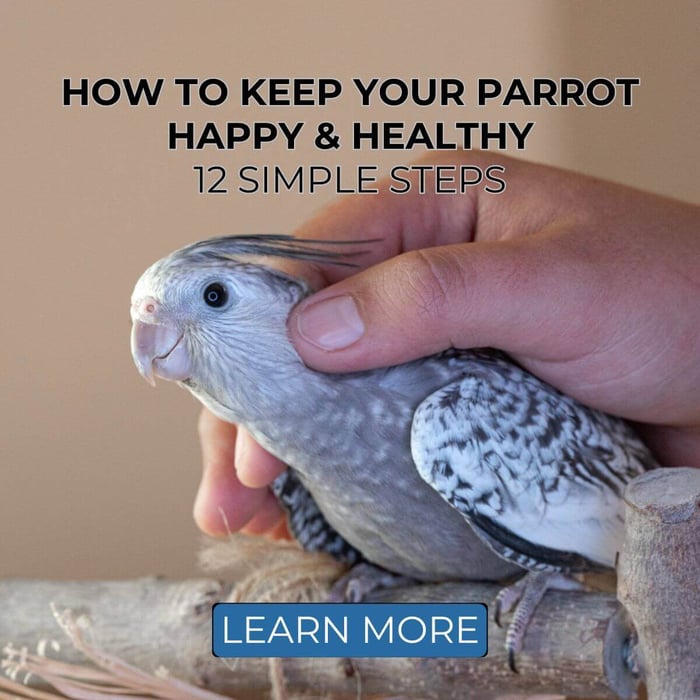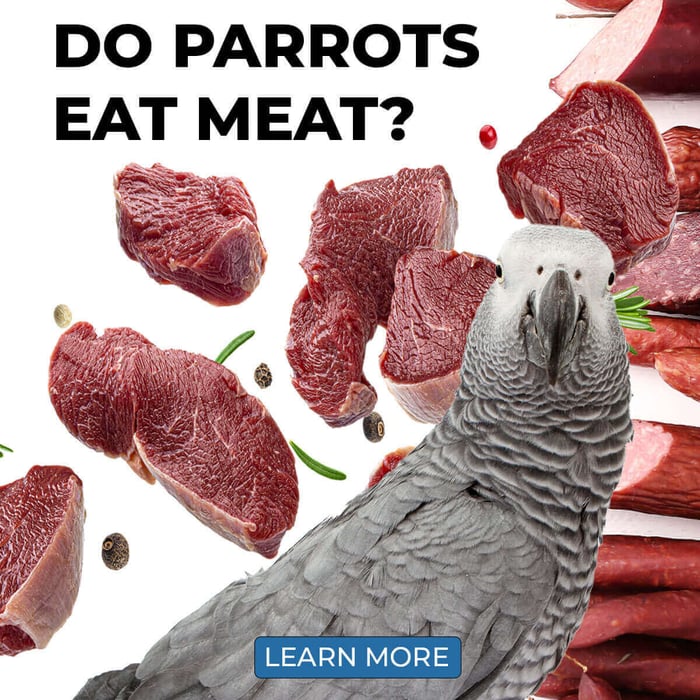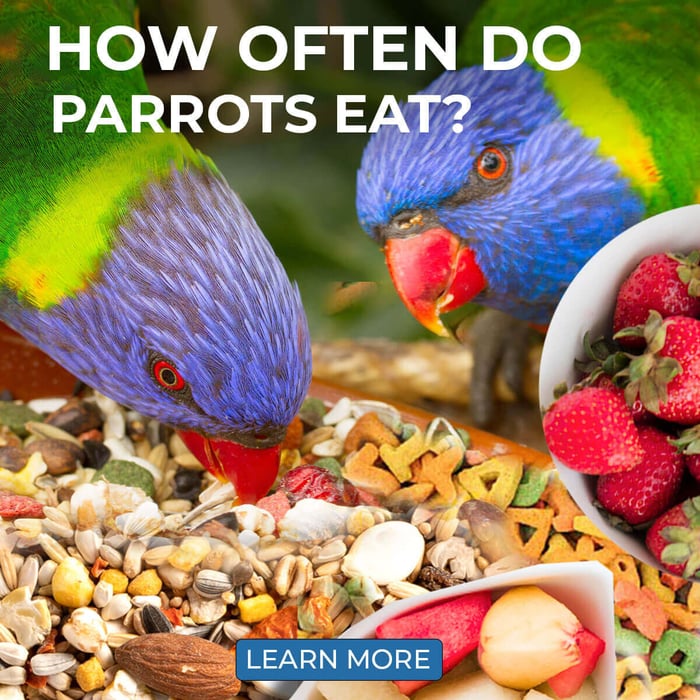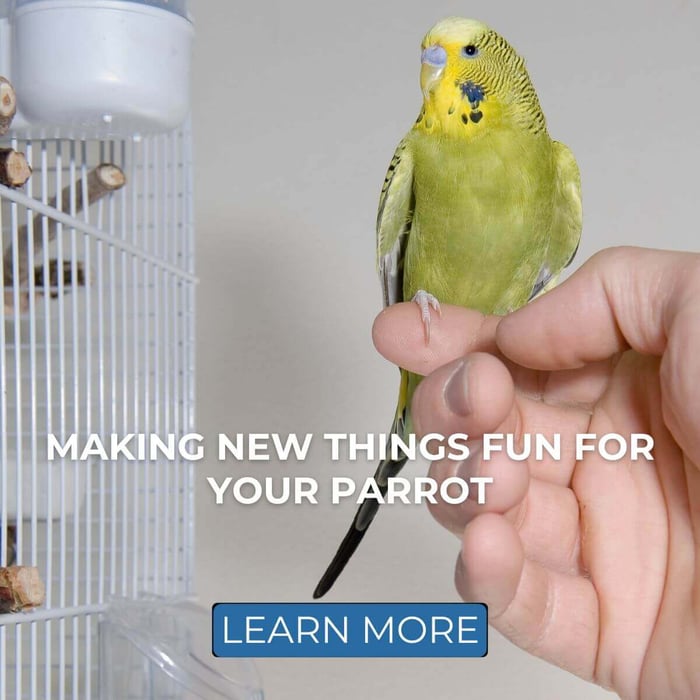Will Parrots Work For Food?
Dr Irene Pepperberg, an adjunct associate professor at the Department of Psychology at Brandeis University, Waltham, MA, has been at the forefront of research into parrot cognition, particularly exploring will parrots work for food and their foraging behaviours. This inquiry not only sheds light on the behaviours of these intelligent creatures but also has significant implications for how we care for and enrich the lives of our parrots in captivity.
The Dichotomy of Work and Reward
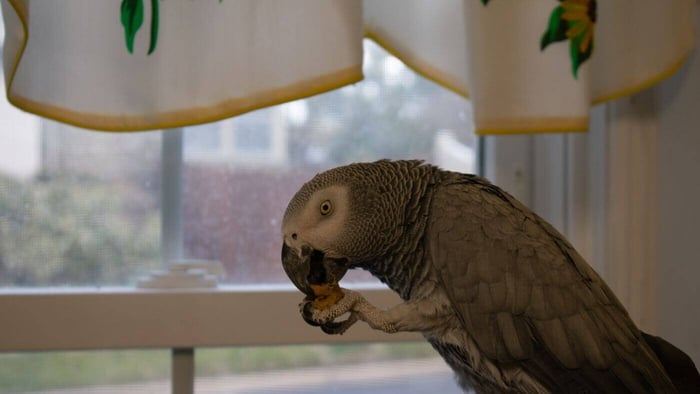
At the heart of Dr Pepperberg's research lies a fundamental question: do parrots prefer to work for their food, or would they rather receive it for free? It's an intriguing dilemma that resonates with many of us; we often wish to take the easiest route when it comes to satisfying our needs. However, studies reveal a fascinating truth: for many species, including parrots, the choice to work for food is more common than one might think.
The phenomenon known as "contra-freeloading" describes the tendency of animals to choose to work for rewards rather than accept them freely. This concept was first identified in the 1960s by researcher Glen Jensen, who found that rats would actively work for about 50% of their daily food ration despite the availability of free food. Initially, scientists believed this behaviour was unique to rats, attributed to their natural feeding strategies. However, subsequent studies have shown that contra-freeloading behaviour is widespread across many species, from pigeons to bears and, intriguingly, even in humans.
Dr Pepperberg's Groundbreaking Study
Dr Pepperberg's research provides new insights into this behaviour, particularly in parrots. A notable study presented at the International Ethological Congress in Portugal involved an exchange paradigm where parrots had to choose between a token that could be traded for a specific food item or the food itself. The results were telling: if the token represented lower-quality food, the parrots chose the food item; however, if the token represented a higher-quality food, they opted to trade up for the token.
Four species were tested in this study: great green macaws, blue-throated macaws, blue-headed macaws, and grey parrots. Interestingly, while the great green macaws showed a preference for immediate food, the other three macaw species and grey parrots favoured the token option. This variance in behaviour raises intriguing questions about the motivations behind foraging strategies in different parrot species and suggests a deeper cognitive process at play.
Understanding Parrots' Wild Instincts
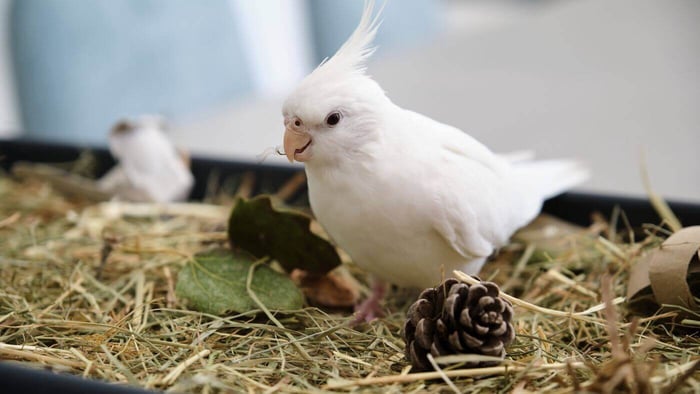
Dr Pepperberg pondered the curious case of the great green macaws acting more like domestic cats than their wild counterparts. This observation highlights the critical importance of providing foraging opportunities for our pet parrots. In their natural habitats, parrots engage in considerable daily travel and exert substantial effort to obtain nourishment. For instance, African grey parrots crack nuts, eviscerate fruits, and extract juices from bark, all of which are essential behaviours for their survival in the wild.
In captivity, replicating these foraging experiences is crucial. Providing parrots with the opportunity to explore new foraging toys is likely one of the most enriching aspects of their day. Dr. Pepperberg notes, "One of our greys, Athena, was most annoyed when we failed to fill her foraging toy, even when she could eat the same food from her bowl." This statement illustrates how important these activities are for parrots, who thrive on challenges that mimic their natural instincts.
The Role of Foraging Toys in Parrot Care
Foraging toys are not merely distractions for parrots; they represent a vital component of their psychological and physical well-being. By offering various foraging opportunities, parrot owners give their pets the freedom to choose how they wish to spend their time. This choice provides a sense of control over their environment, which is essential for their overall happiness.
At Parrot Essentials, we understand the importance of foraging toys in enriching the lives of parrots. Our selection includes various options designed to challenge your parrot's intellect and mimic their natural behaviours. For example, toys that dispense treats only after being solved can keep parrots engaged and mentally stimulated.
Moreover, the social aspect of foraging can't be overlooked. Dr Pepperberg suggests that sometimes, parrots might request specific treats not purely for the food itself but for the social interaction it brings with the people providing those items. This insight highlights the complexity of parrot behaviour and the importance of understanding their needs beyond mere physical sustenance.
Enhancing Your Parrot's Life with Parrot Essentials
As parrot owners, we have the opportunity to significantly enhance the lives of our feathered friends. By understanding the concept of contra-freeloading and the natural instincts of parrots, we can create an environment that encourages foraging and exploration. Here are several strategies, alongside products available at Parrot Essentials, to consider:
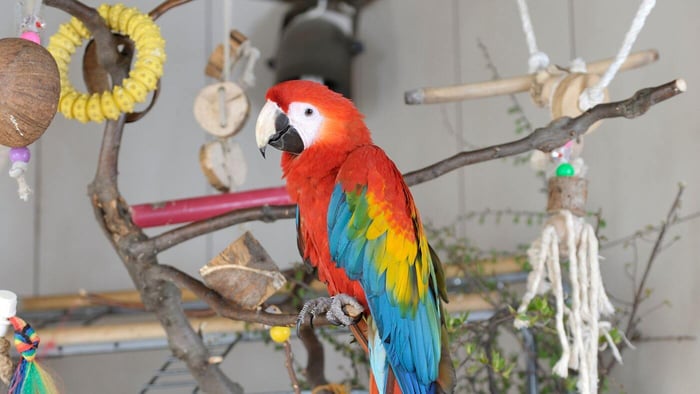
- Provide a Variety of Foraging Toys: Invest in a range of foraging toys, such as those from our selection at Parrot Essentials, that challenge your parrot's problem-solving skills. Toys that require manipulation and reward with treats can keep them engaged for hours.
- Rotate Toys Regularly: Change out toys periodically to prevent boredom and encourage continued interest. Parrots thrive on novelty and challenge, so mixing things up is essential.
- Hide Treats: You can hide healthy treats from our range of premium parrot foods around their cage or play area, encouraging your parrot to search for them. This mimics their natural foraging behaviour and stimulates their minds.
- Encourage Exploration: Create a safe space for your parrot to explore. We offer climbing structures and natural branches that can make their environment more stimulating and encourage active play.
- Engage with Your Parrot: Spend time interacting with your parrot during foraging activities. This not only reinforces your bond but also makes foraging a social experience. Consider using our healthy treats to foster positive interactions.
- Educate Yourself: Learn about your specific parrot species' natural behaviours and dietary needs. Parrot Essentials provides resources and expert advice to help you tailor their foraging activities to match their instincts.
Conclusion
In conclusion, Dr. Irene Pepperberg's research into will parrots work for food uncovers significant insights into avian cognition and behaviour. Parrots are not merely passive recipients of food; they are active participants in their feeding experiences. The evidence suggests that many parrots prefer to work for their food, highlighting the need for owners to provide engaging foraging opportunities.
At Parrot Essentials, we are committed to enhancing the lives of our feathered friends. By understanding the importance of foraging and the inherent instincts of parrots, we can create enriching environments that promote their physical and mental well-being. When we allow our parrots to choose to work for their food, we enable them to live more fulfilling lives that resonate with their wild counterparts.
For more insights into enhancing your parrot's life, visit Parrot Essentials – your online parrot shop dedicated to enriching the lives of our feathered friends.
Source: //alexfoundation.org/blog/

